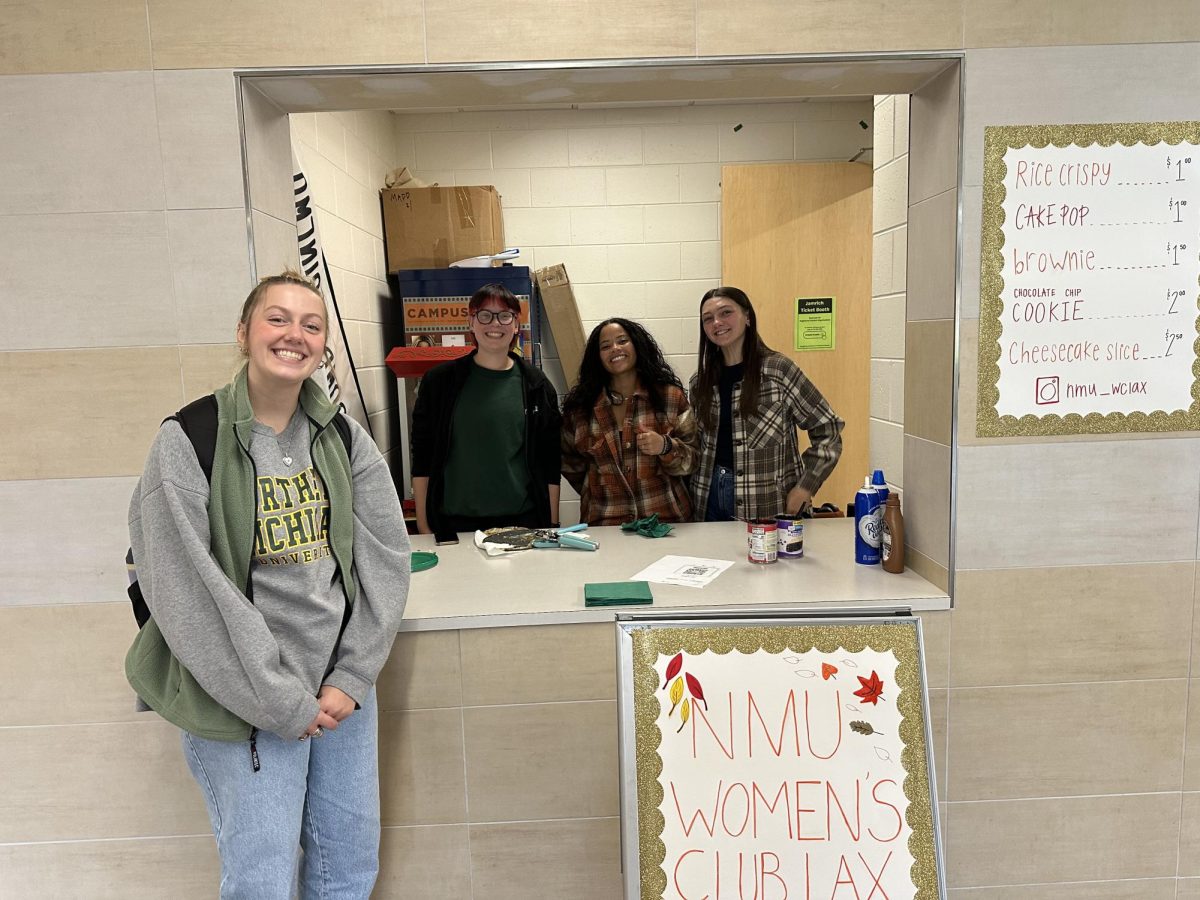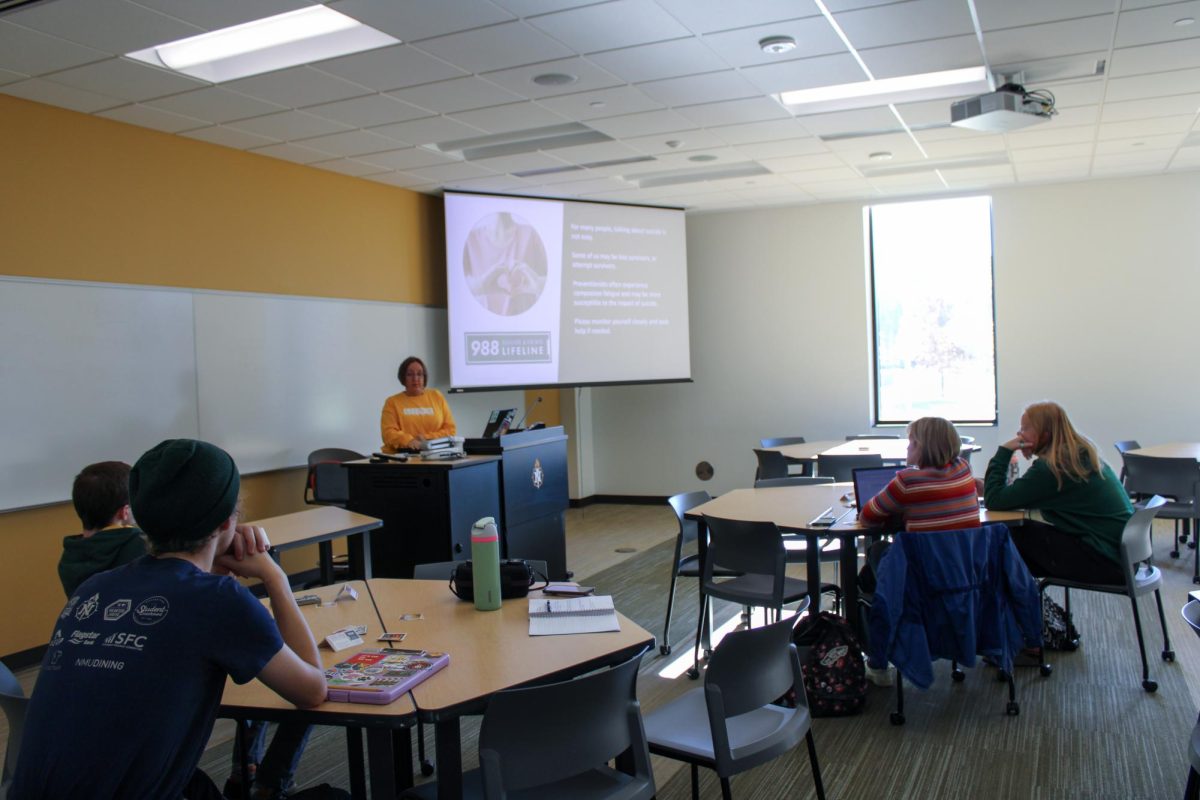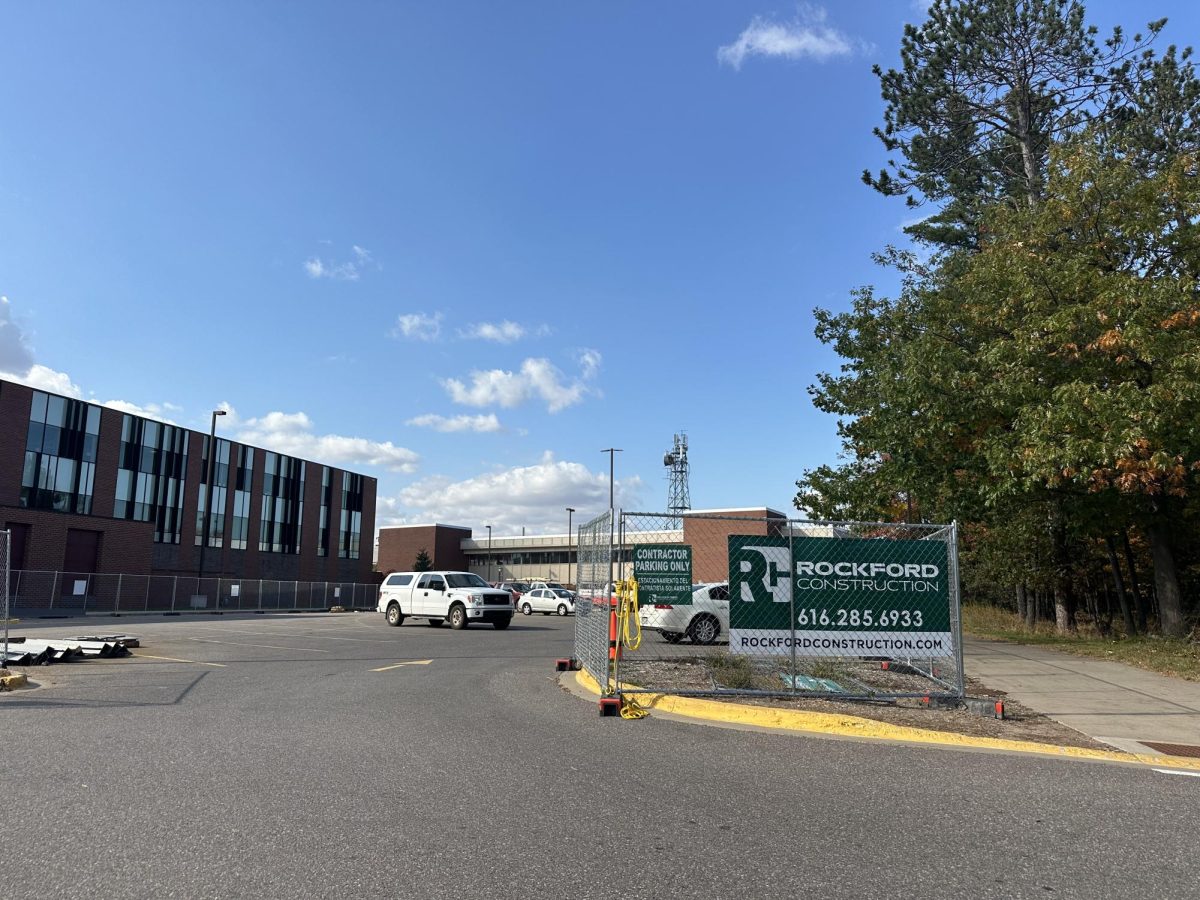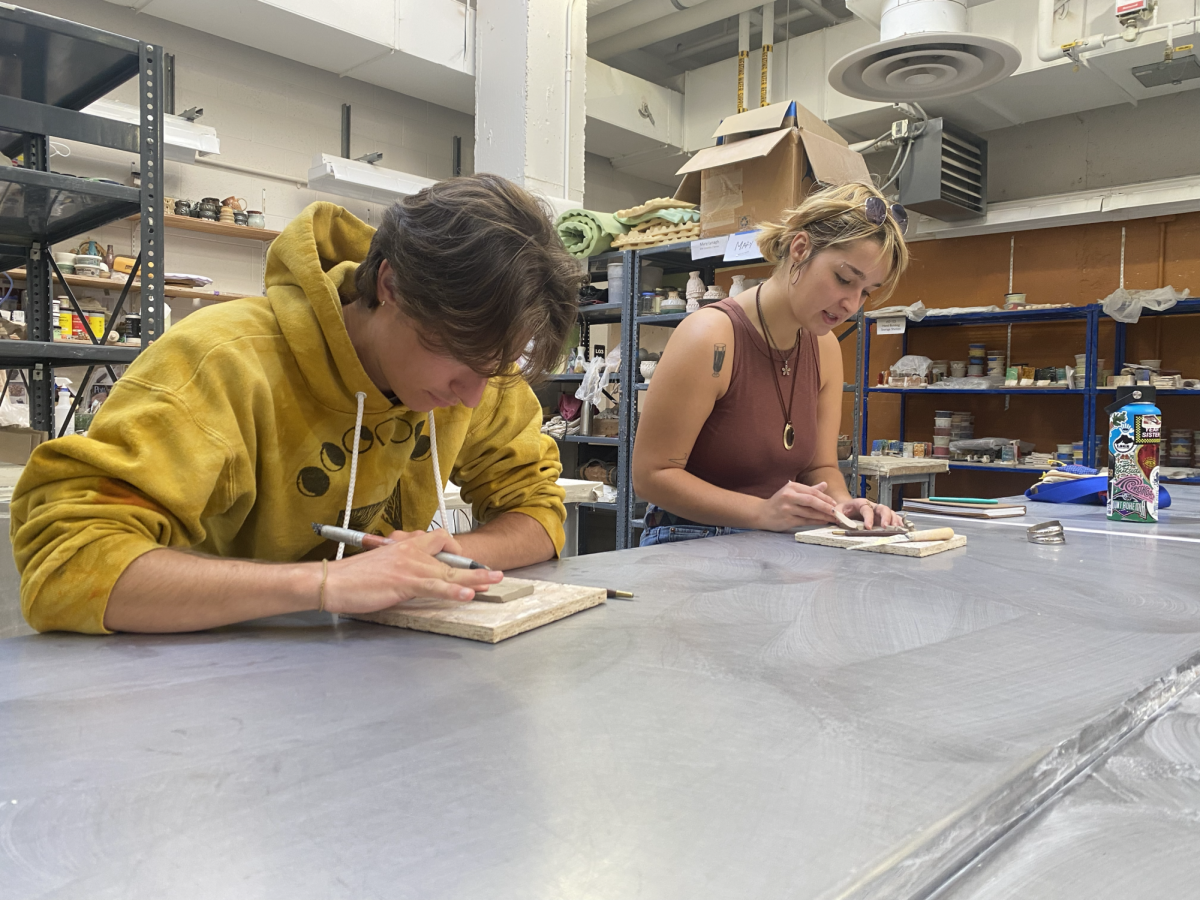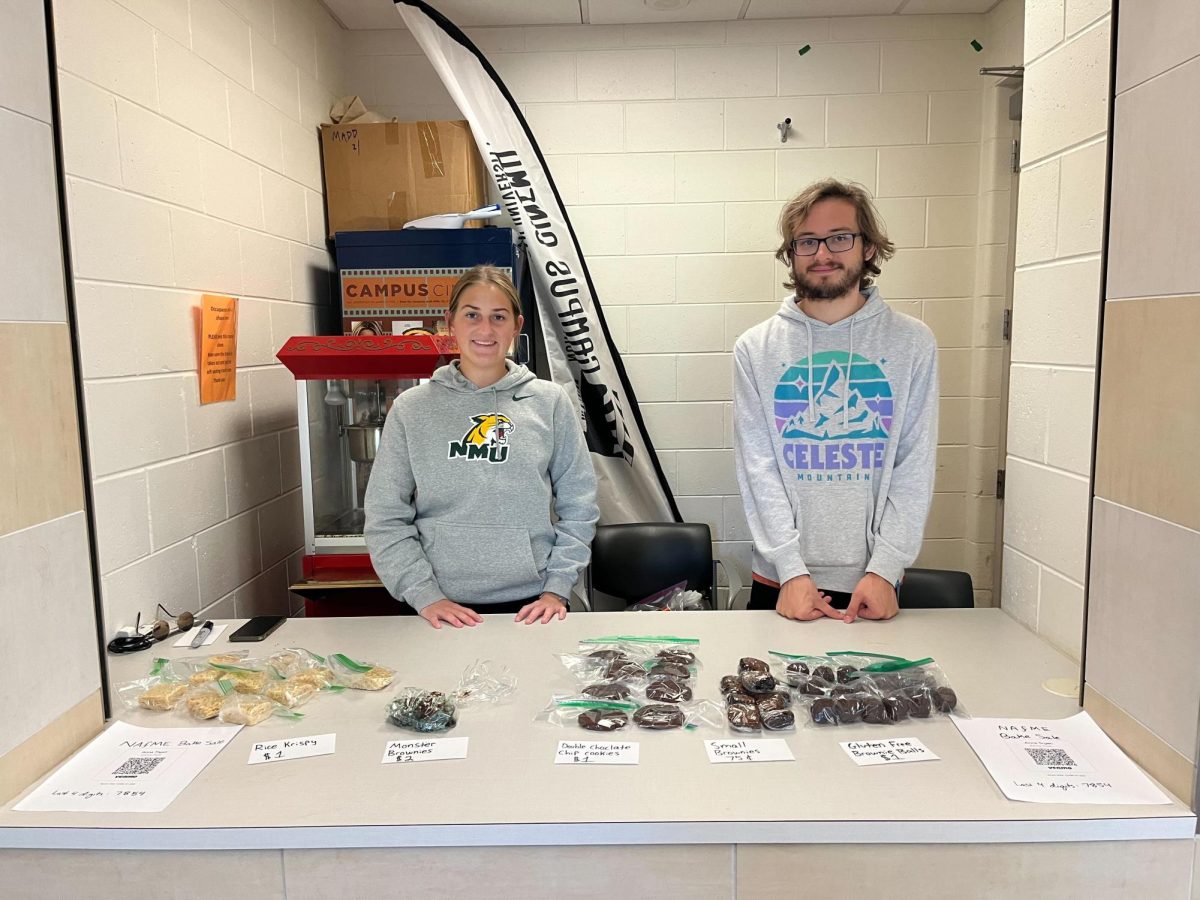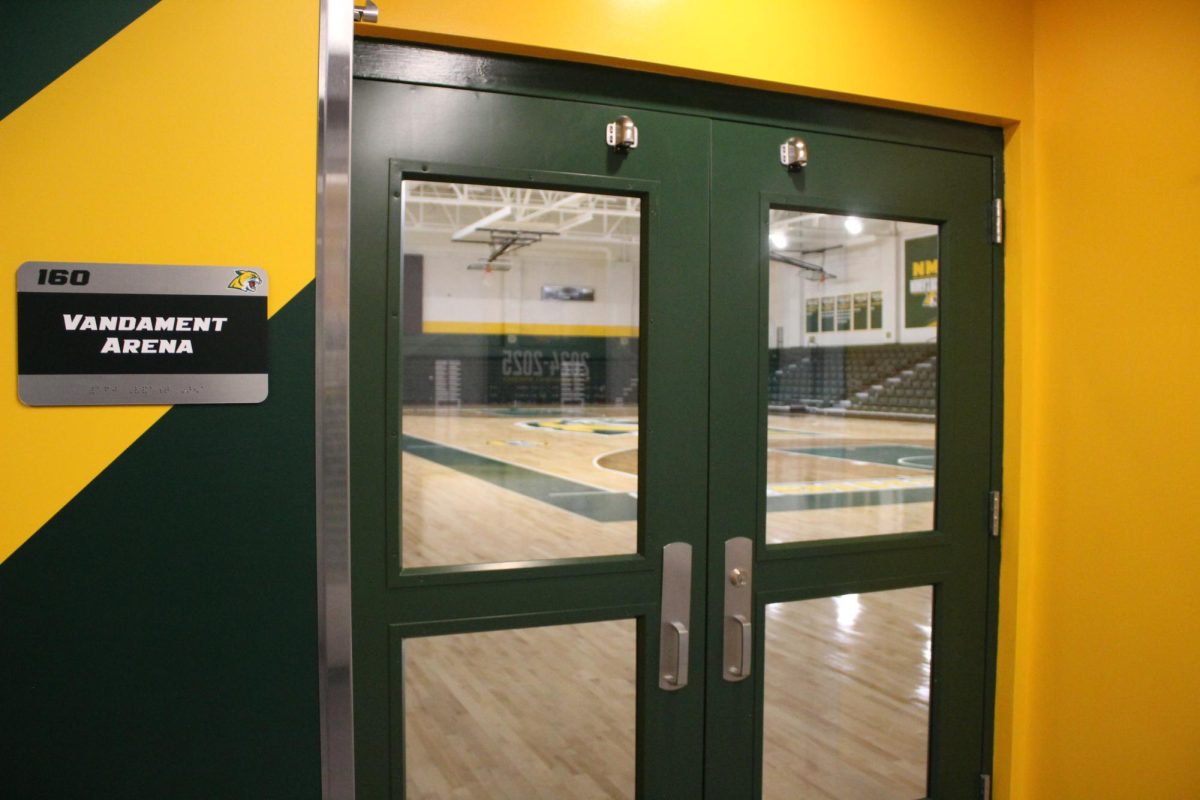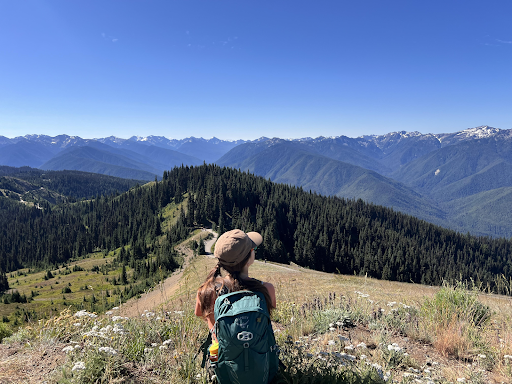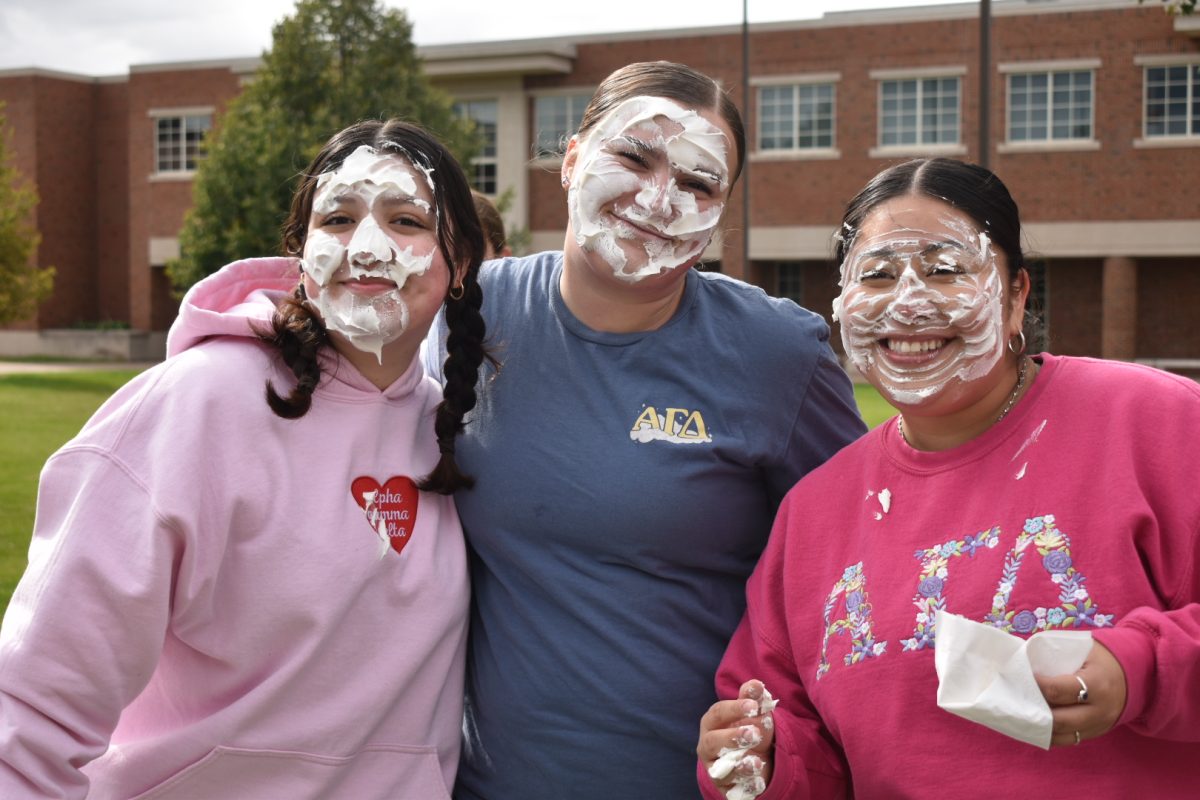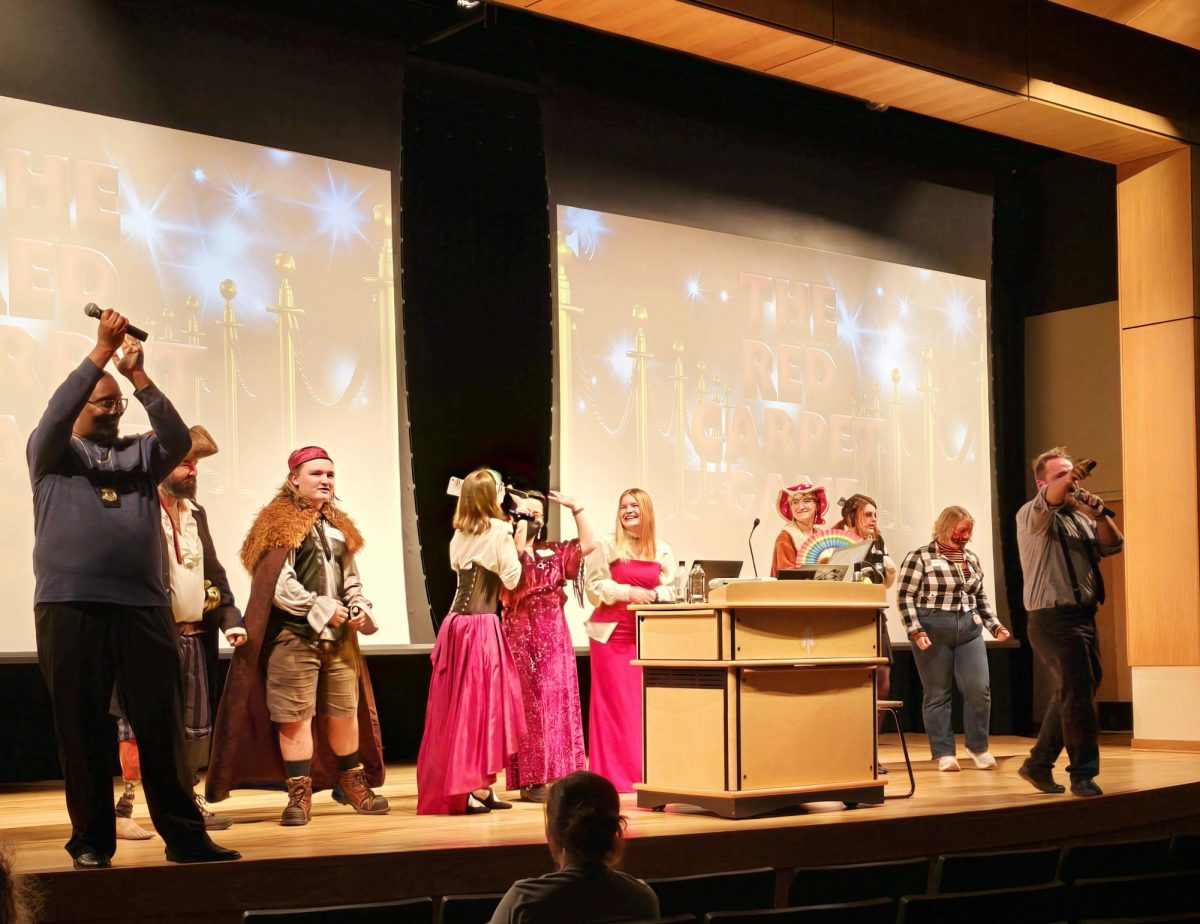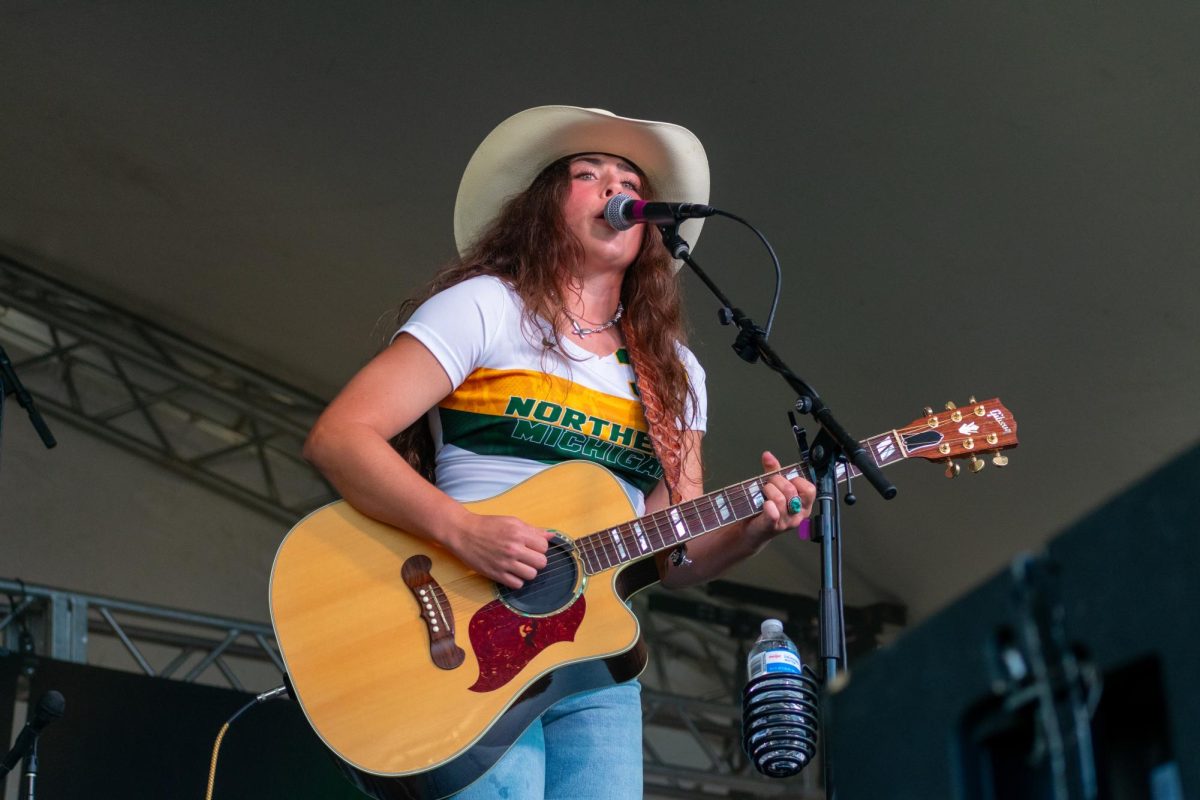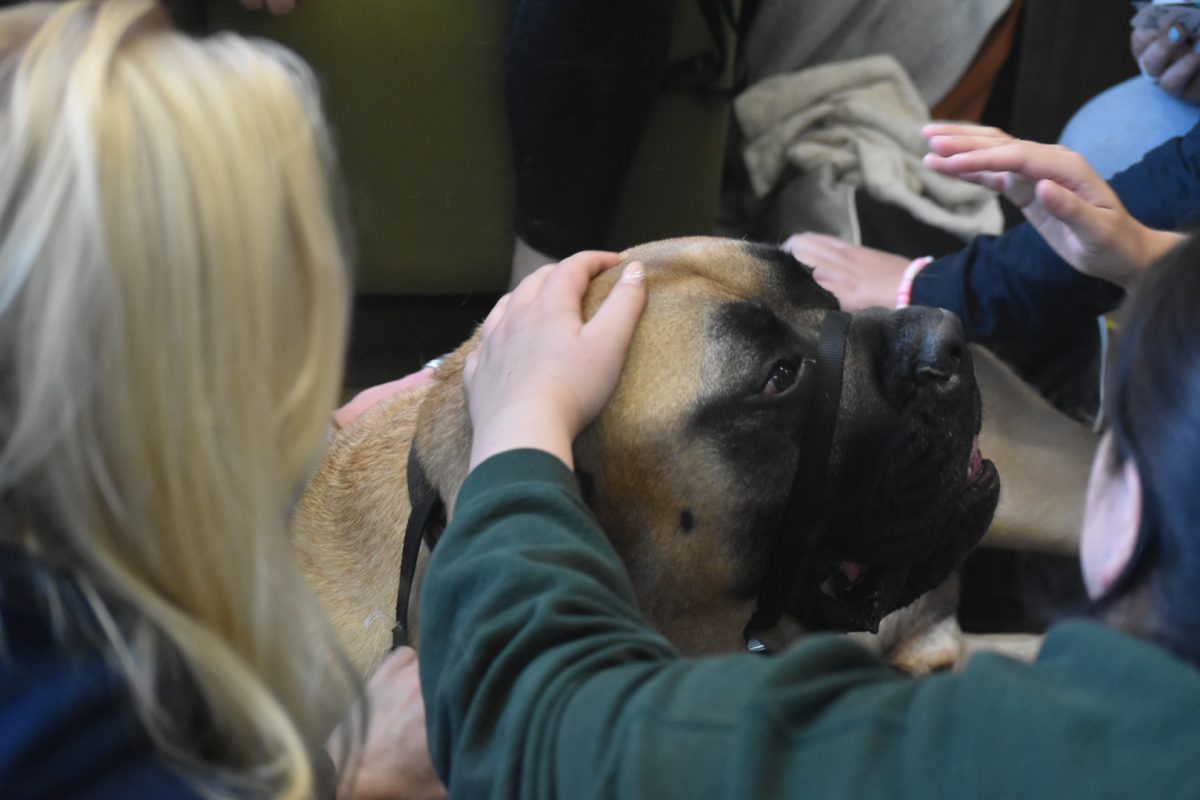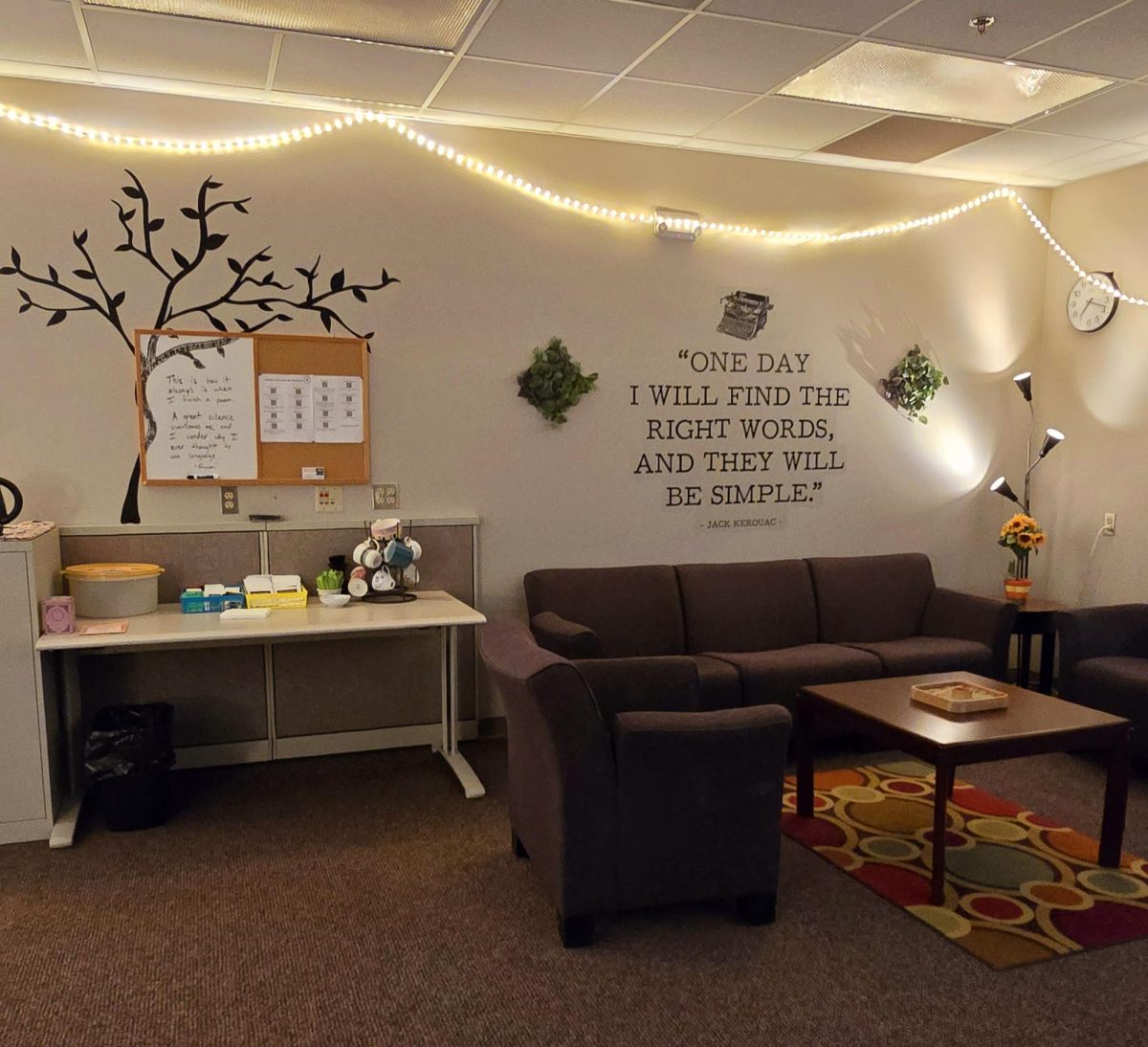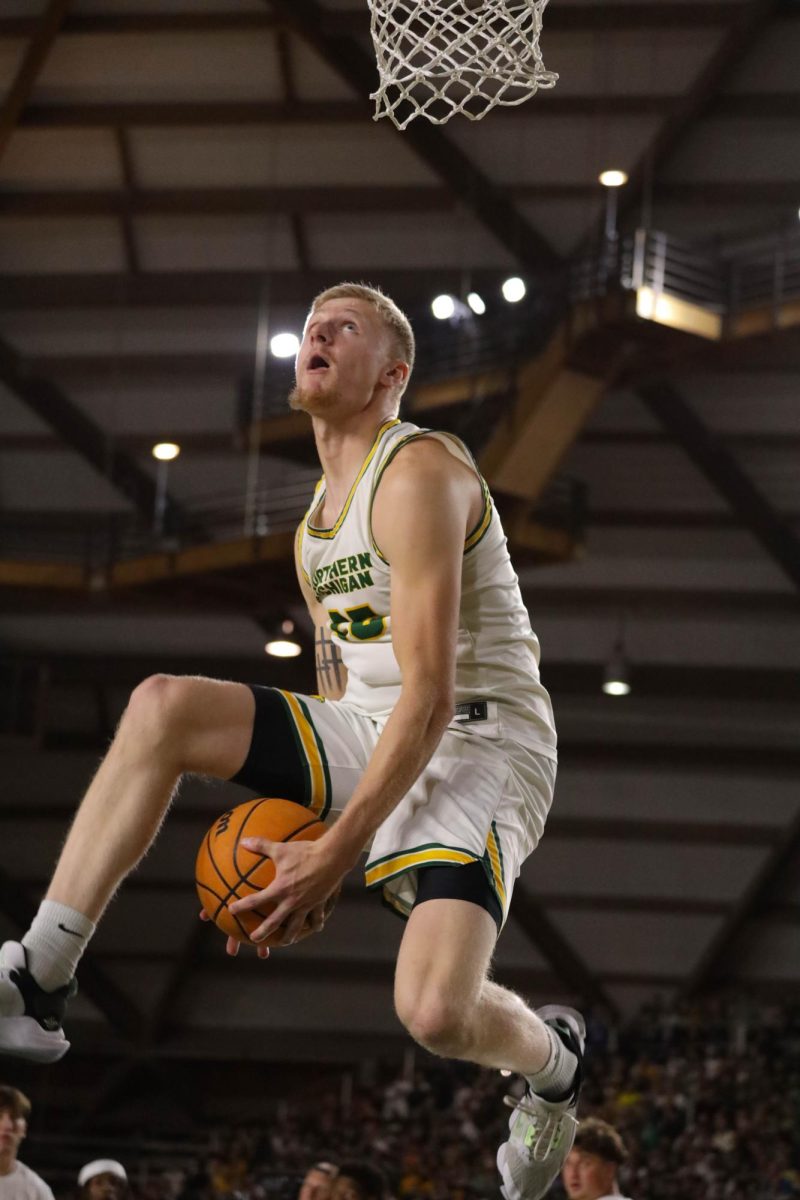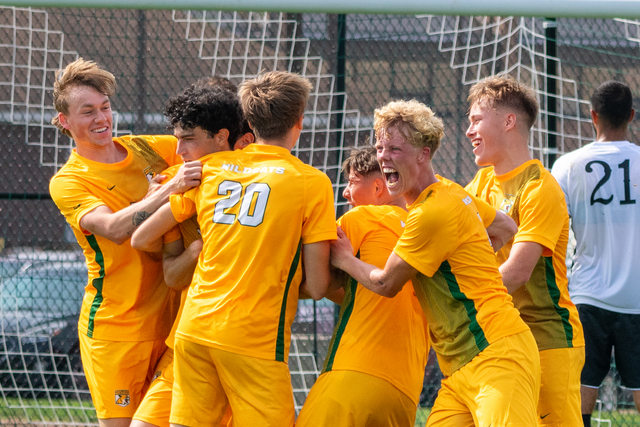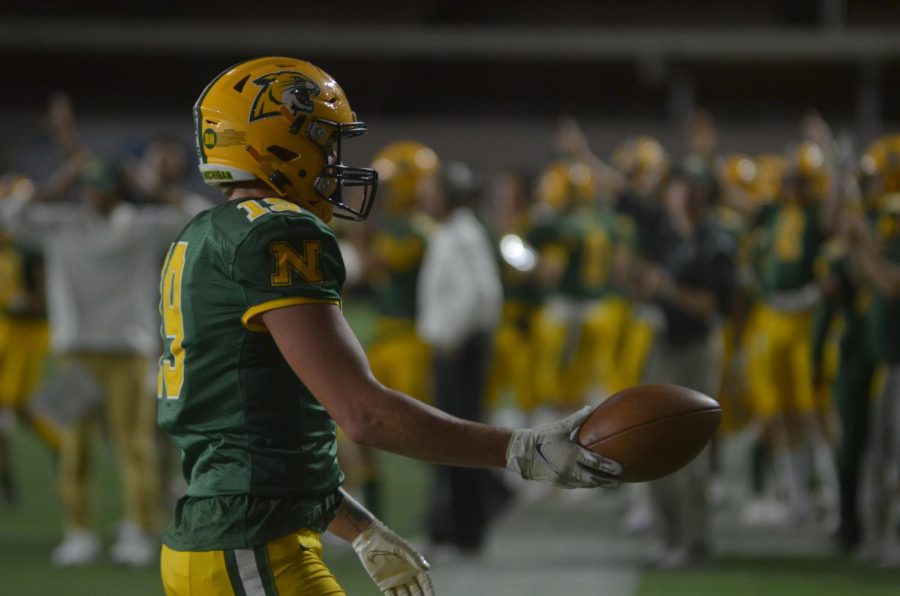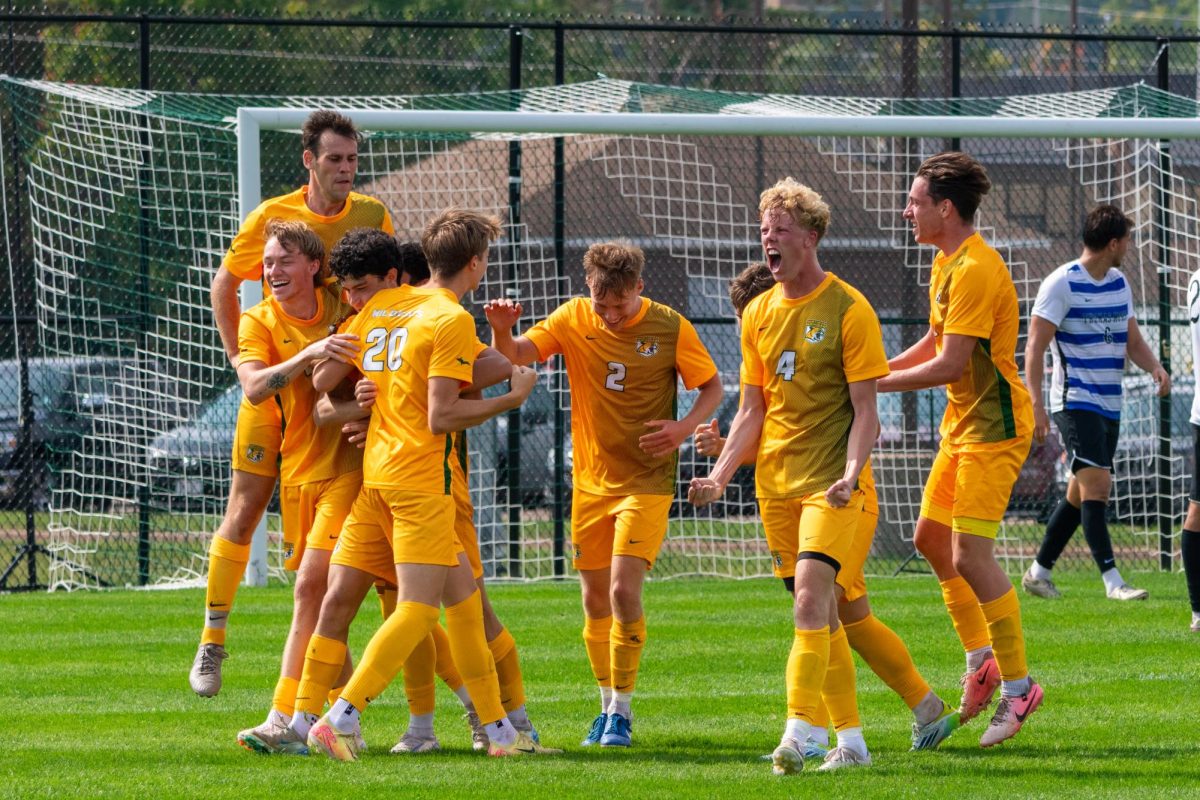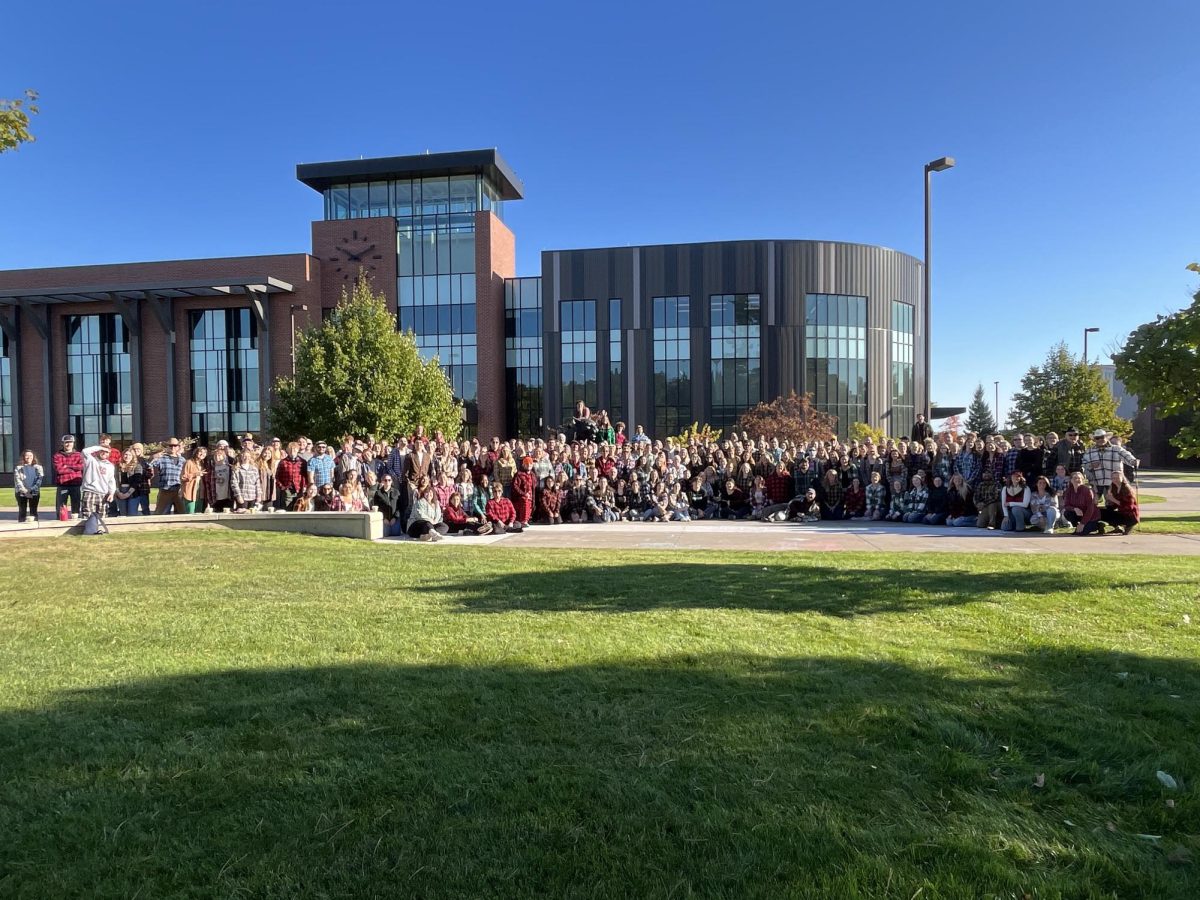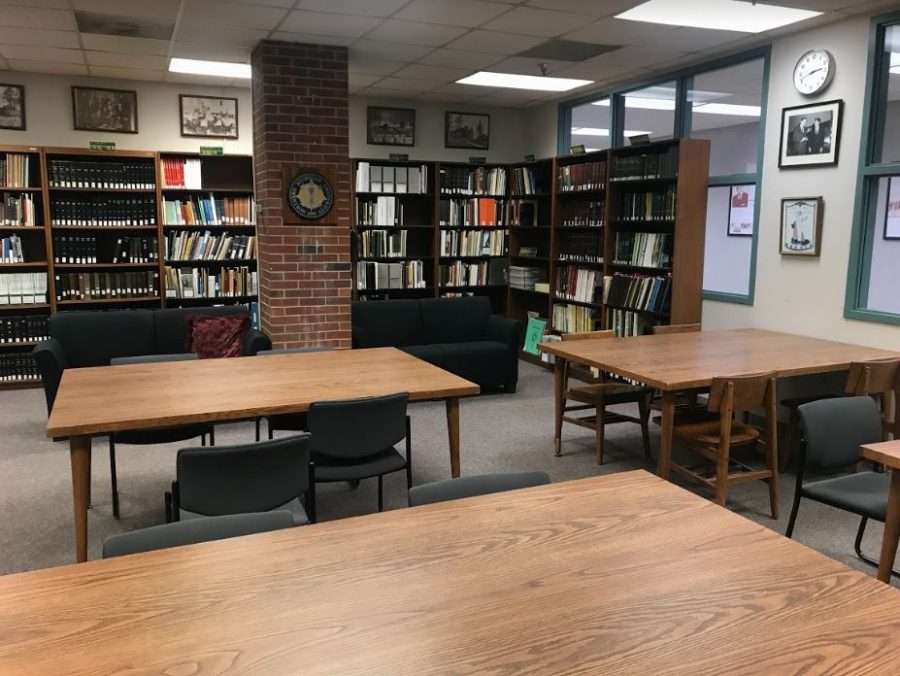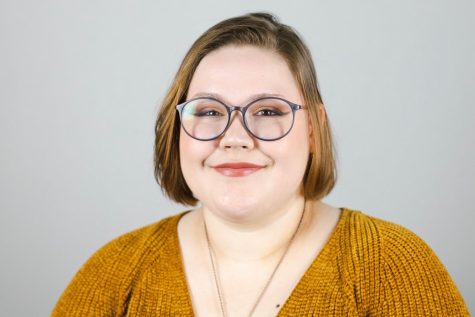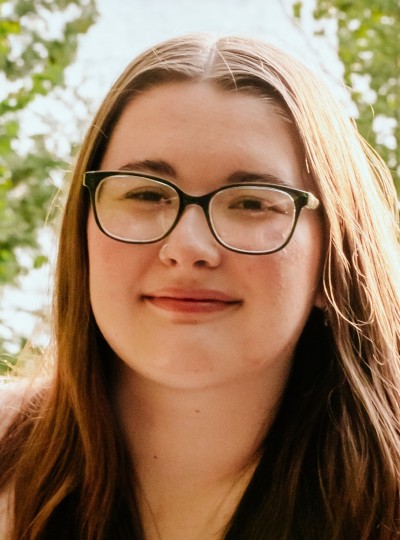Evening at the Archives ends for the year, future events planned
ARCHIVES – With local tales of the unknown, the archives holds much more than information about our campus. The department is open 10-5 weekdays.
November 11, 2022
Many students may pass by the Archives every day and not even realize what it is. The NMU Archives, located in the basement of Harden Hall, hold a wealth of history.
According to their homepage, the NMU Archives aims to house and preserve the historical records of not only NMU, but also materials documenting the history of central Upper Michigan.
“We actively collect and provide access to historical records and papers created by individuals, families, businesses, civic organizations and local governments that have made a significant impact on the historical development of the Upper Peninsula,” said Marcus Robyns, university archivist and program director of UPLINK. “Historians refer to these records as ‘primary sources’ and use them as evidence for past events and activities.”
UPLINK, or the Upper Peninsula Digital Network, is a “low-cost, secure and geographically distributed digital preservation and access service” that documents the history of the Upper Peninsula.
Currently, staff are working on a collaboration with Michigan Tech’s Keweenaw Time Traveler for a SISU Innovation Grant which will help create a multi-disciplinary course for students.
Hosting knowledge is not the only aspect of the Archives. One of their events, “Evening at the Archives” has come to an end for the winter semester, but Robyns said there are plans to host another speaker in mid to late March of 2023.
Tentatively, the speaker will be Camden Burd, who is an assistant professor at Eastern Illinois University doing research on the historical relationship between local, state and federal politicians and environmental activist groups in the upper Great Lakes region, Robyns said.
For students looking to get involved with the Archives, there are paid student positions and opportunities to intern for credits.
“Working with the public, particularly all of the heritage organizations that are now members of UPLINK … identifying, preserving and making accessible the primary sources that document the history of the U.P. is particularly satisfying,” Robyns said.

